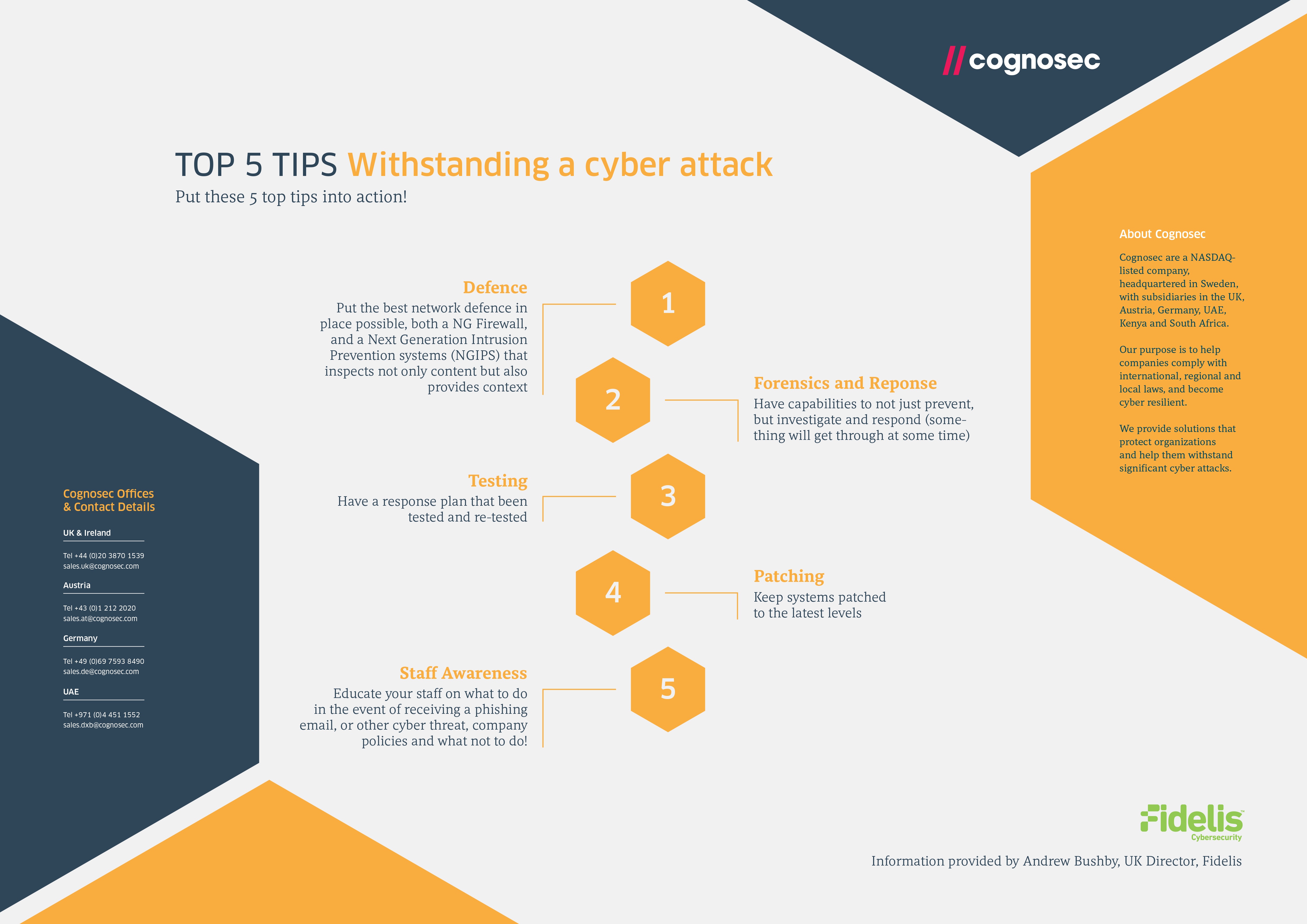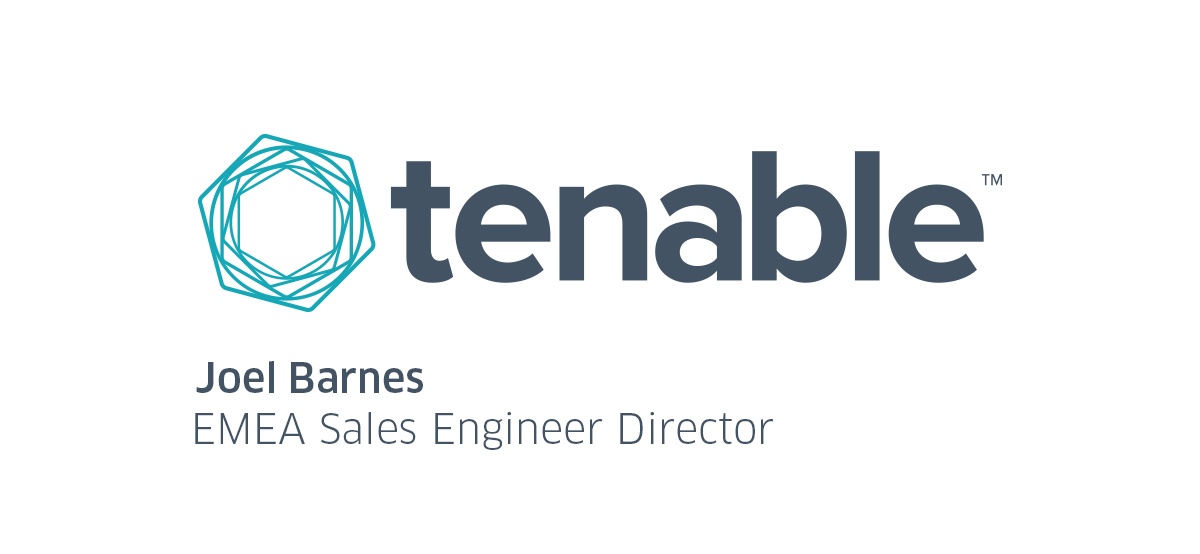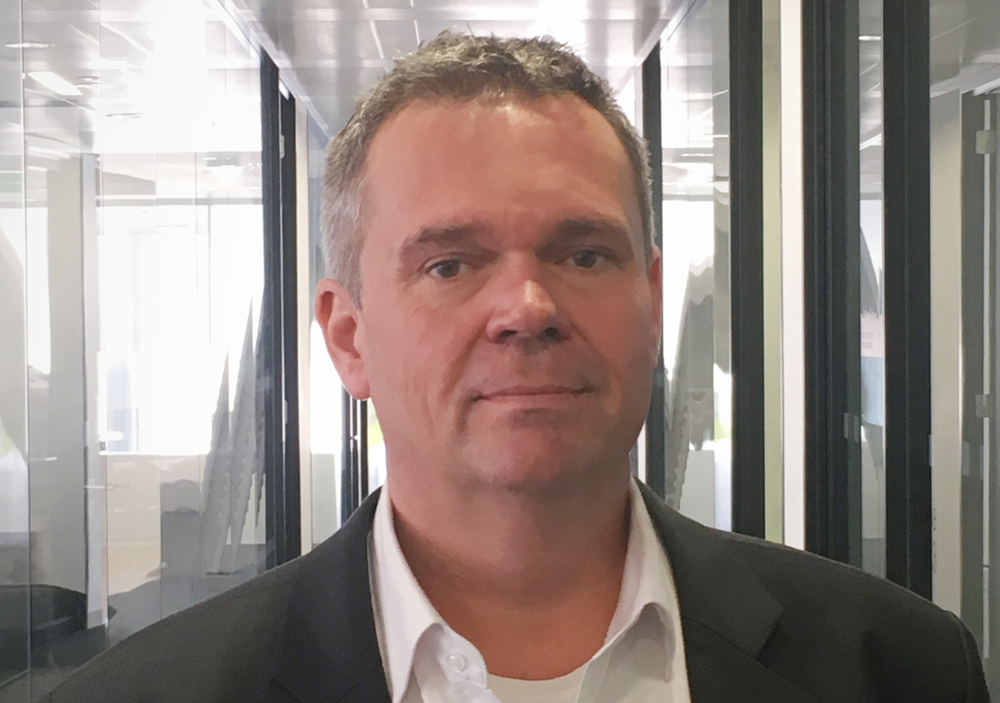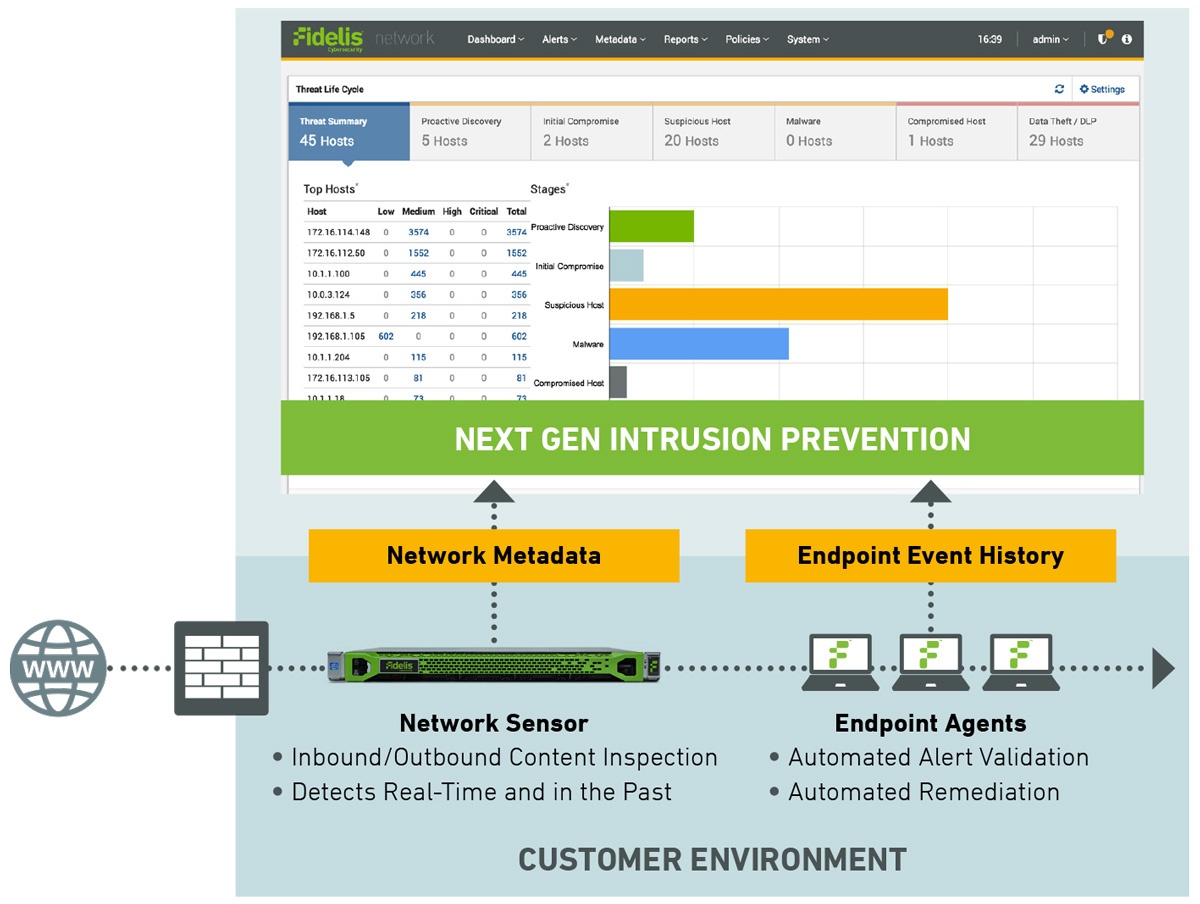With ransomware hitting the headlines over the last couple of months, the need for organizations to improve their cybersecurity has been heightened. Partnering with Fidelis, we’ve put together five top tips infographic for defending against and withstanding a cyberattack.
An interview with… Joel Barnes, EMEA Sales Engineer Director at Tenable
Part of Cognosec’s Partner Profile series, we interview Joel Barnes, EMEA Sales Engineer Director at Tenable who explains what the company does and how it can help. He also highlights the benefits of its cloud-based vulnerability-management platform Tenable.io.
Read More
An interview with… Lloyd Webb, Cylance Sales Engineering Director for EMEA
Read More
An interview with… Richard Walters, Chief Security Strategist, CensorNet
Cognosec has furthered its partnership with CensorNet to offer the cyber security company’s advanced cloud security products, including its Unified Security Solution (USS) and Multi Factor Authentication (MFA). The agreement advances Cognosec’s commitment to help organizations reduce cyber risk and become resilient to attacks. The full press release regarding the partnership can be found here.
With many organizations utilising and reaping the benefits of cloud-based business applications, the need to monitor and control access without compromising productivity grows. We speak to Richard Walters, Chief Security Strategist at CensorNet, to discuss how its USS and MFA can help safeguard businesses in the cloud.
Read More
An interview with… Oliver Eckel - Cognosec CTO
Ahead of hosting two seminars at IP EXPO Manchester on the 26 and 27 April, we interview Cognosec CTO Oliver Eckel about current developments, industry predictions for the next 12 months and his greatest achievement at Cognosec so far...
Read More
Welcome to the Cognosec weekly round-up
With two successful events, its been a busy week at Cognosec. Here’s a round-up of what’s been happening…
Read More
Fidelis Breakfast Briefing highlights
Attendees enjoyed breakfast with a view as Fidelis’ UK Director Andrew Bushby presented “The Best of Both Worlds: A New Approach to Network Security” at The Shard, London on 4 April 2017.
Taking to the floor, Andrew highlighted the challenges facing traditional intrusion prevention systems (IPS). Originally designed to identify attacks targeting known vulnerabilities, traditional IPS have stood still while attackers have moved on using unexpected pathways to target clients and distributed endpoints. He explained that traditional IPS look solely at a packet level. Comparing the system to number plate recognition, he stated that the system could recognise the number plate but the driver could be driving another car, therefore the threat is not identified.
Read More
An interview with... Andrew Bushby, UK Director, Fidelis Cybersecurity
- What are the benefits of a company / organization updating to a Modern Intrusion Prevention System compared to an existing traditional Intrusion Prevention System (IPS)?
Fidelis’ Next Generation Intrusion Prevention systems (NGIPS) provides organizations with a number of benefits over traditional Intrusion Prevention Systems (IPS). Firstly we are able to truly inspect the content of the network session, not just packets. Secondly we don’t focus on initial exploit but all phases of the intrusion. Finally we don’t just detect intrusions in real time, we can also evaluate threats in the past.
This gives us a unique level of network visibility. We see more and are able to act in real time to prevent the threat but more than this, we are able revisit the past to understand what has happened. This allows us to take new threat indicators and check to see if any have previously made it through the front-door.
Read More
Detect & stop intrusions – Fidelis NGIPS
The Fidelis Next Generation Intrusion Prevention solution (NGIPS) has been designed to detect and stop modern intrusions. In this blog, we find out how this is achieved and discover additional benefits of implementation.
According to Fidelis, its Next Generation Intrusion Prevention solution can be delivered as a service from the cloud. Alternatively, it can be deployed on premise when necessary.
Fidelis explains that Traditional Intrusion Prevention Systems (IPS) were originally designed to protect computers from network based attacks which attempted to exploit known vulnerabilities. However, attackers are no longer server-centric. Instead they use unexpected pathways to target client and distributed endpoints. While attackers innovate, traditional IPSs have stood still. According to Fidelis, they live largely unchanged in scope, generating low-value alerts for security teams while attackers slip past them in pursuit of high-value targets.
Read More
Future of Cyber Security Europe: event highlights
Securing the future
 Speaking at the Future of Cyber Security Europe in London on the
Speaking at the Future of Cyber Security Europe in London on the 16 March, Cognosec’s Oliver Eckel highlighted the rapid advances
in technological development and the rate at which we can regulate them.
During the seminar, entitled Securing the future, Oliver questioned whether legislation and security safeguarding has been able to keep up with the speed of change in technology and explained how the industry can protect itself against upcoming technical developments despite no appropriate legislative frameworks to be expected soon.
He went on to ask what kind of regulations are needed and what we should expect in reality. He also examined data security and the measures, including products and solutions, organizations may they may take.











